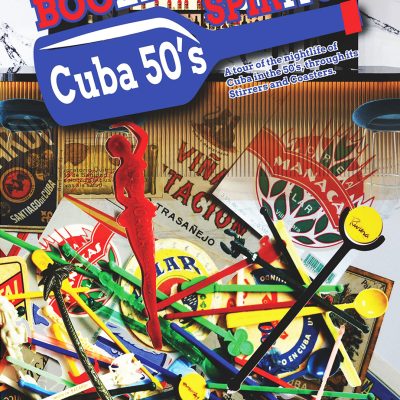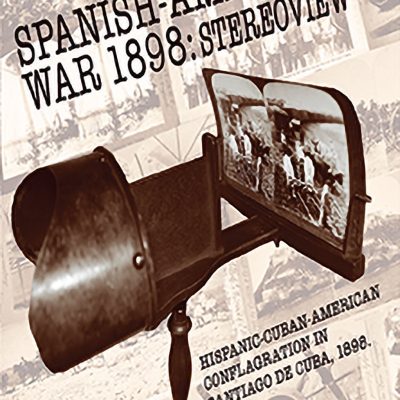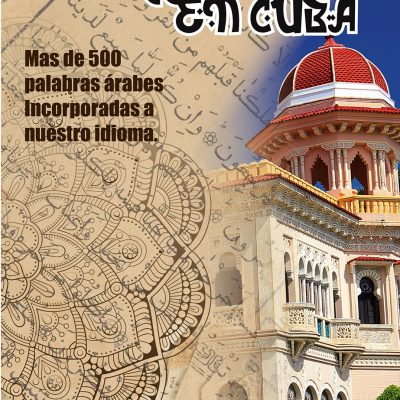The issue of names has always been a source of controversy, for many years, we saw how the range of names that were used in different times were changed in general according to customs and events.
In the colonial period many names were imitated, some already in disuse in the Iberian Peninsula, such as Eraclea, Otilia, Diosdada, Salustiano, Aniceto, Eulogia,
Hermeregildo, Tranquilino, Pancracio, Olegario, Eleuteria among others.
In that interval it was common to hear that someone was called Yusnavi, because of that of the US Navy, Yusimi, because of You see me, etc., even occasionally someone called Santoral al Dorso, Yeferson, and others no less nice as extravagant was heard.
It is good to point out that, due to the roots of the majority of Cubans to the Catholic religion, it served as a brake to such arbitrariness, since when baptizing the child it had to have a name of those considered in the current saints, which forced to consider common nouns instead of anti-grammatical inventions.
Once the republic entered, it was very common to hear some peninsular names such as Eurípides, Simplicio, Ambrosio, Hilario among others, although names such as Juan, Pedro, Luis, Alberto, Carlos, María, Mercedes, Leonor, Luisa, etc. were beginning to be used. Upon the arrival of the new government system in 1959, the Fideles, Ernestos and Raules began to appear, as well as the Celia, etc.
Almost from the beginning of that stage, the identical but phonetically imitated names of
foreign countries began, hence the so-called “Y” generation due to the Russian influence, the Yarisly, Yuris, Yordanka and influence of countries as far removed from our environment as Viet Nam began. for example and they were heard calling themselves Hanoi, Nairobi, Viengsay, etc.
The issue of names has always been a source of controversy, for many years, we saw how the range of names that were used in different times were changed in general according to customs and events.
In the colonial period many names were imitated, some already in disuse in the Iberian Peninsula, such as Eraclea, Otilia, Diosdada, Salustiano, Aniceto, Eulogia,
Hermeregildo, Tranquilino, Pancracio, Olegario, Eleuteria among others.
In that interval it was common to hear that someone was called Yusnavi, because of that of the US Navy, Yusimi, because of You see me, etc., even occasionally someone called Santoral al Dorso, Yeferson, and others no less nice as extravagant was heard.
It is good to point out that, due to the roots of the majority of Cubans to the Catholic religion, it served as a brake to such arbitrariness, since when baptizing the child it had to have a name of those considered in the current saints, which forced to consider common nouns instead of anti-grammatical inventions.
Once the republic entered, it was very common to hear some peninsular names such as Eurípides, Simplicio, Ambrosio, Hilario among others, although names such as Juan, Pedro, Luis, Alberto, Carlos, María, Mercedes, Leonor, Luisa, etc. were beginning to be used. Upon the arrival of the new government system in 1959, the Fideles, Ernestos and Raules began to appear, as well as the Celia, etc.
Almost from the beginning of that stage, the identical but phonetically imitated names of
foreign countries began, hence the so-called “Y” generation due to the Russian influence, the Yarisly, Yuris, Yordanka and influence of countries as far removed from our environment as Viet Nam began. for example and they were heard calling themselves Hanoi, Nairobi, Viengsay, etc.






